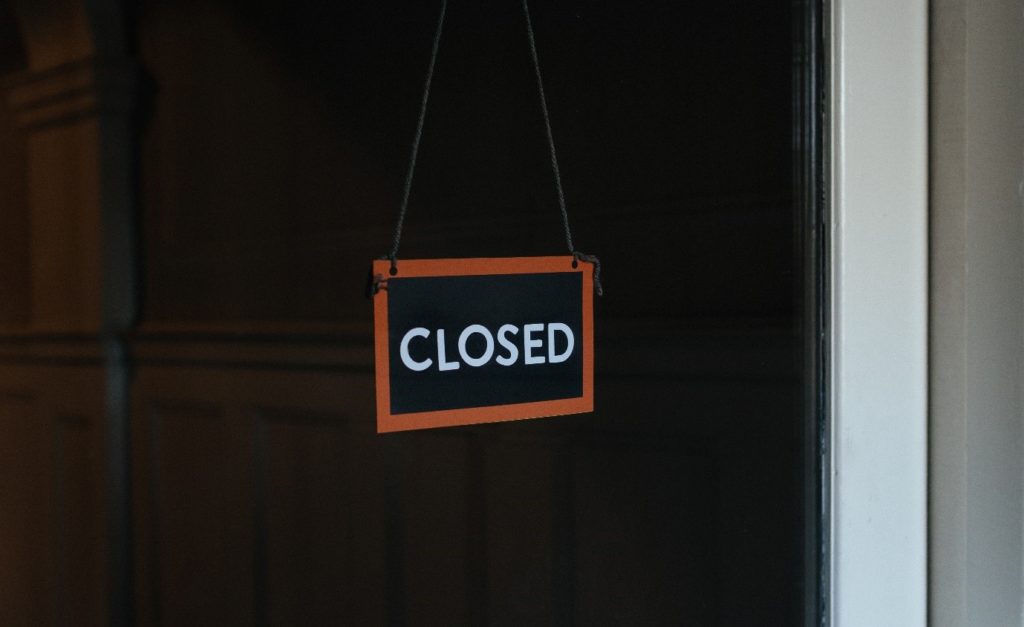
Runoff is the name given to professional indemnity insurance designed specifically to cover the liabilities of a business after it ceases to trade. Any claims made by clients under the time period covered by the runoff policy will relate to work carried out before the business stopped trading, therefore covering legacy issues.
It is normally the insurer who is providing the professional indemnity insurance at the time the business ceases who provides the runoff cover.
Winding up a business or ending a partnership doesn’t bring an end to its liabilities. Insurance must be maintained even after a business has ceased trading to ensure any future claims are covered. This is when run off insurance comes in.
The way in which professional indemnity insurance works means that a policy always needs to be in place to ensure a firm has cover should a claim be made in the present, for any work which was undertaken by the business in the past.
The problem with run off insurance is that a premium must still be paid each year, despite there being no further income coming into the firm to pay it due to the firm’s closure which in itself can be an issue for firms.
It is in the first year after closure that the risk of a claim being notified is at its highest therefore in general, the runoff premium for the first year after closure is calculated to be the same as the proceeding year of trading.
Getting a quotation for run off
Statistically speaking, runoff insurance can be high risk but low value for insurance companies and as firms may only purchase the insurance for a year or so after closure whilst the risk of a claim is at its highest, there is often little competition in the insurance market to provide runoff, and it is usually the incumbent insurer at the time of closure who provides the insurance.
A runoff policy covers the business’s principal or partners, the directors and staff, both past and present, and provides ongoing protection to cover the cost of defending any claim made against those insured under the policy and reimburse the losses occurring should the claim be upheld against the insured parties.
When a legal practice comes to an end, it is important that Professional indemnity cover is maintained to take into account any claims which may be made after the practice ceases to trade.
Reasons why a professional practice may come to an end vary: foreclosure, sale, mergers and acquisitions and retirement amongst others. In all of these cases, run off insurance is either simply a sensible precaution or in fact a regulatory requirement.
How long should run off insurance be maintained?
This varies between individuals. Other than the guidance provided by legal professional bodies, the main factor in determining the length of cover is the relevant limitation period fixed by law i.e., the time limit within which any claimant must start proceedings against a professional.
Clients can sue for negligent acts within six years of the work being finished (the time limit for a claim under breach of contract) however as mentioned above, the most likely period for a claim to be made is within the first year after trading ceases.
Why Choose Us?
Our team have vast experience in the field of business insurance and risk assessment and by applying our in-depth knowledge of professional services we are able to design innovative insurance programmes for each of our clients;
- Specialist experience in arranging Insurance
- Full access to participating insurers
Flexible policies tailored to your needs - Specialist knowledge to help you get the right cover
- Risk management advice & support
- All year-round risk management advice & support
Call us today and get your free Professional Indemnity Runoff cover quote 0800 180 4203.
